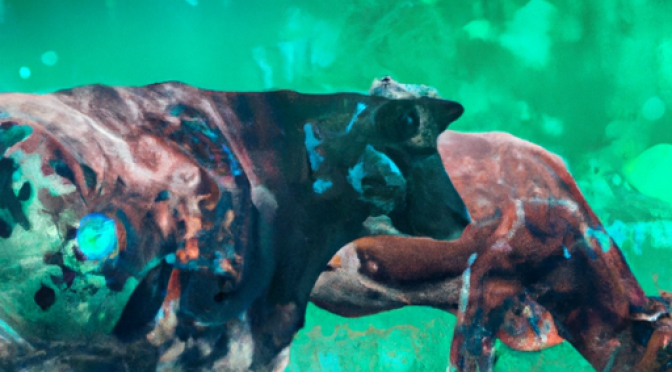Introduction
Organic livestock farming is an increasingly popular practice that emphasizes the well-being of animals and the environment. However, one of the challenges faced by organic livestock farmers is the prevention and management of potential diseases. To address this issue, artificial intelligence (AI) is being leveraged to predict and manage diseases in organic livestock farming.
Predictive Analytics
AI algorithms are used to analyze large datasets collected from organic livestock farms, including animal health records, environmental conditions, and genetic information. By applying machine learning techniques, AI can identify patterns and correlations that may indicate the presence of diseases or potential health risks.
Early Disease Detection
AI systems can detect subtle changes in animal behavior, such as changes in eating habits, movement patterns, or vocalizations, which may indicate the early stages of a disease. By continuously monitoring these behavioral patterns, AI can provide early warnings to farmers, allowing them to take preventive measures and minimize the spread of diseases.
Environmental Monitoring
AI-powered sensors can monitor environmental conditions in organic livestock farms, such as temperature, humidity, and air quality. Deviations from optimal conditions can be detected and analyzed by AI algorithms, enabling farmers to identify potential disease risks associated with specific environmental factors. This information can help farmers make informed decisions regarding farm management practices and preventive measures.
Management and Treatment
AI systems can assist farmers in managing and treating diseases in organic livestock farming.
Decision Support
By analyzing historical data and real-time information, AI can provide farmers with recommendations on disease management strategies. This includes suggesting appropriate treatments, dosage, and timing based on the specific disease and individual animal characteristics. AI can also help farmers optimize their use of resources, such as medications and vaccines, reducing costs and minimizing the environmental impact.
Monitoring and Tracking
AI-powered monitoring systems can track the progress of disease treatments and provide real-time feedback to farmers. By continuously analyzing data from individual animals, AI can assess the effectiveness of treatments and make adjustments if necessary. This enables farmers to closely monitor the health status of their livestock and ensure timely interventions.
Conclusion
AI is revolutionizing the way potential diseases are predicted and managed in organic livestock farming. By leveraging advanced analytics and machine learning techniques, AI systems can provide early disease detection, environmental monitoring, and decision support for farmers. This not only improves animal welfare but also enhances the sustainability and productivity of organic livestock farming practices.

